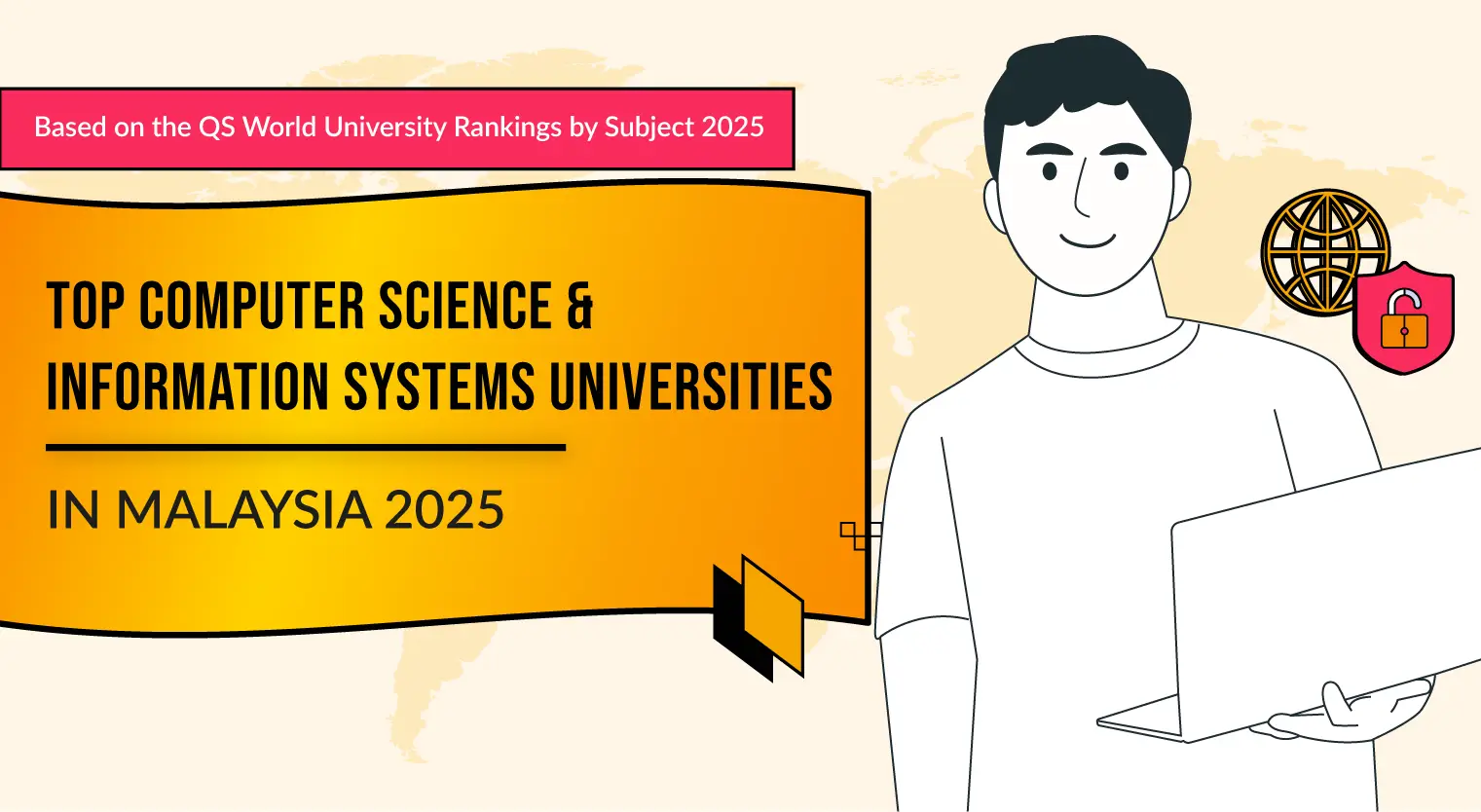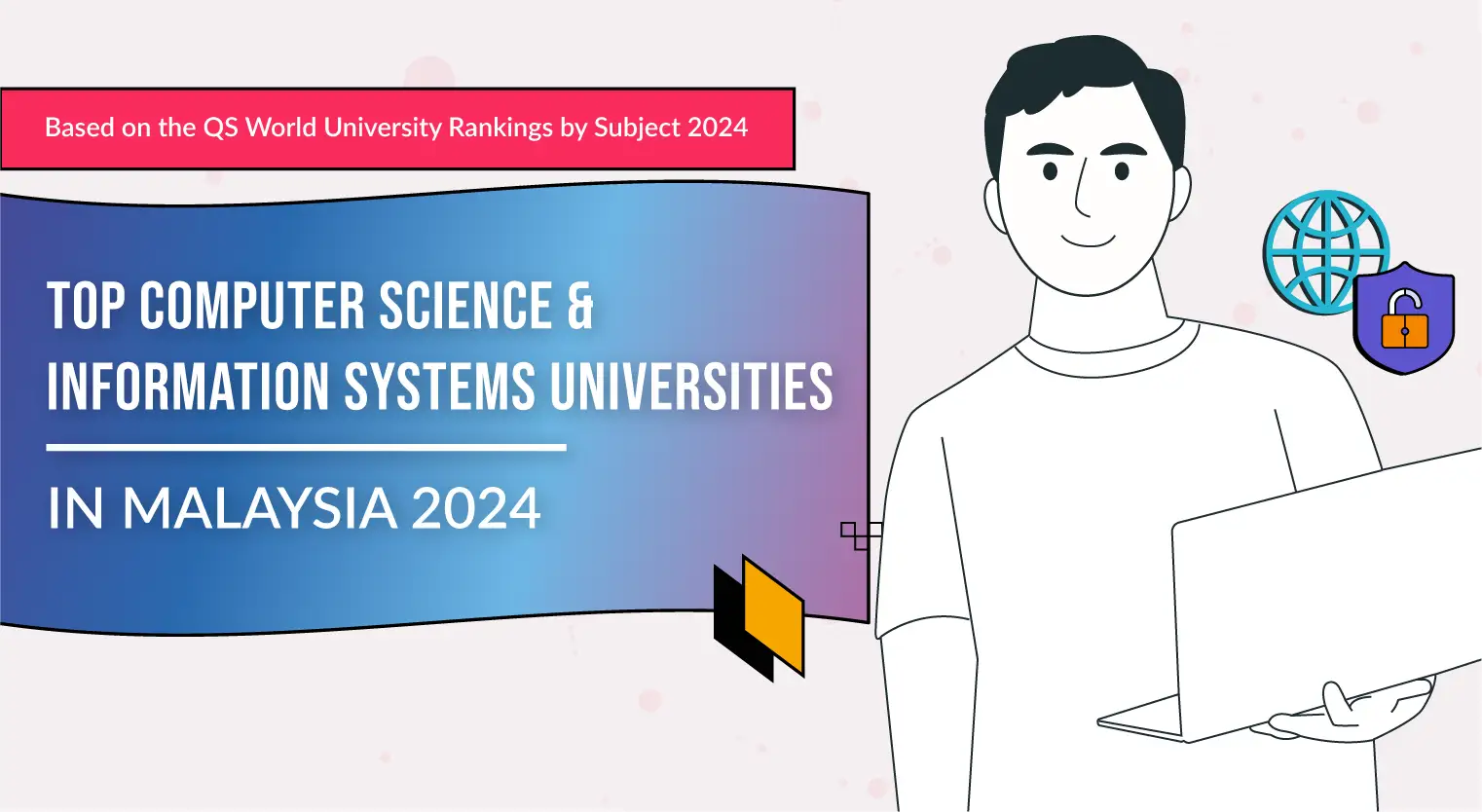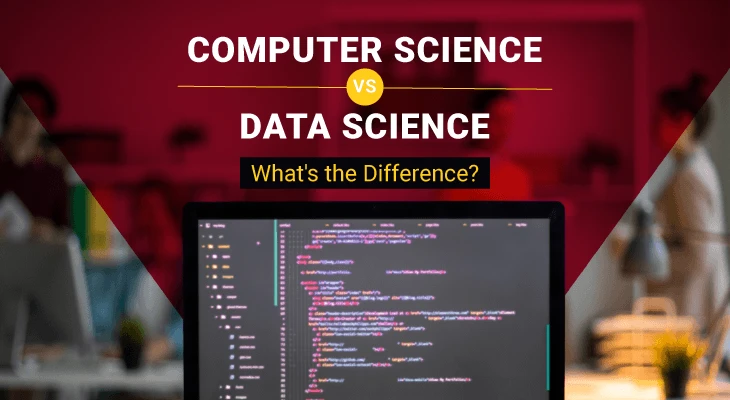Expectations vs Reality in 2020: Is the Sci Fi Technology From Our Childhood Finally Here?
It’s 2020. How far are we from owning our own flying cars? Here are 6 technologies coming to us straight from our childhood.
Updated 25 May 2022
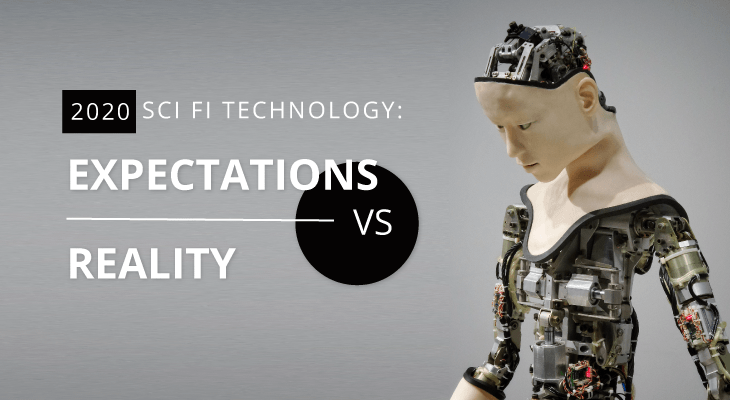
Who else thought that they’d be lounging in their flying cars by now?
It’s an understatement to say that 2020 has been hard. With global unrest and a worldwide pandemic, the year is certainly not what our starry-eyed younger selves would have expected.
However, not all hope is lost. While today’s world may not look like the ones from The Jetsons, we have still come a long way in terms of technology. All those childhood dreams of jetpacks and flying cars we harbored as a child are actually a lot closer to us today than we thought.
So let’s take a look at 6 technologies from our childhood and how close we are at replicating them.
#1. Flying cars
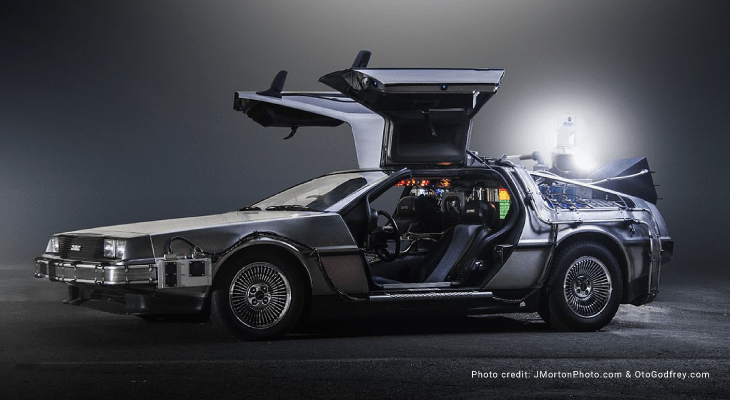
Automotive technology has indeed come a long way. From the invention of the first modern car, we now have cars with smart assists that can help with parking and prevent collision. We even have self-driving cars, with Google’s Waymo recently launching a driverless taxi service.
But what about flying cars?
Well, the technology is there — but it’s not fully ready yet. Companies like Toyota and Uber have spent years experimenting with the technology with the aim of introducing it commercially as early as 2023. So while it does exist, we will still have to wait for some time before we can have our own Deloreans.
PRO TIP
Want to get into the automotive industry? Study engineering for a chance to go into this exciting industry.
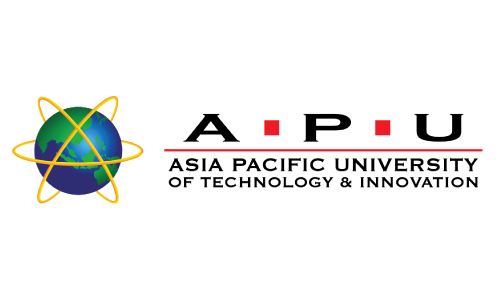
Asia Pacific University of Technology & Innovation (APU)
BSc (Hons) in Computer Science
✓Dual-award degree – one from De Montfort University (UK) and one from APU
#2. Jetpacks
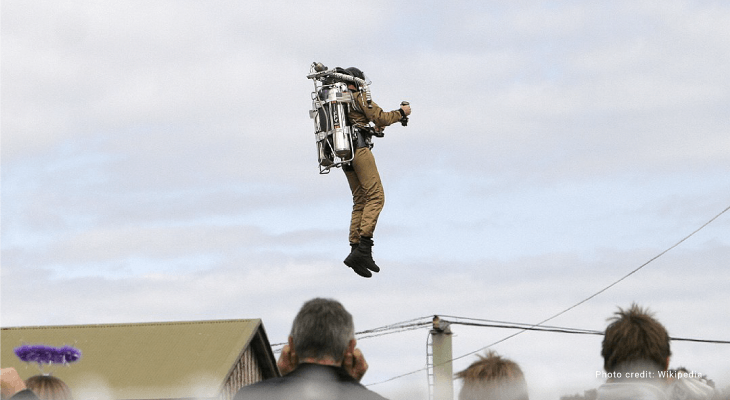
Isaac Asimov, a popular science fiction writer, once predicted that jetpacks would be as common as bicycles. So, where is it?
Well, there were attempts to create the first functioning prototype as early as 1919. And in 1984, the Olympic Games opening ceremony actually saw Bill Suitor piloting a rocket-propelled backpack, to the excitement of many.
However, while we do have most of the technology today, the problem lies in the power source. Experts have been struggling to find an efficient way to power the energy-consuming propulsion technology. So until we figure that out, we’ll have to make do with our bikes.
PRO TIP
Passionate about planes and aircraft? Join the aircraft maintenance industry and be part of the team that helps ensure the smooth operation of aircrafts.

#3. Cyborgs
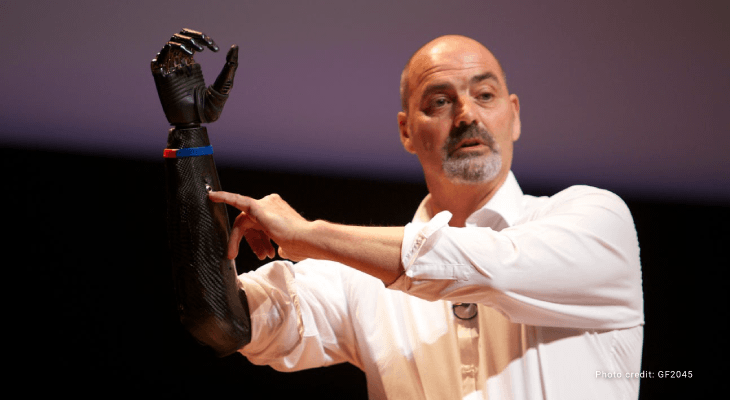
What use is technology if you can’t use it to improve yourself? First coined in 1960, the term cyborg is used to describe a half-human, half-machine being who has managed to use technological implants to improve the human body. When you think about the future, you can’t help but to envision one filled with cyborgs and robots.
It might sound stranger than fiction but cyborgs do exist in our world. Whether it’s implanting antennae to the brain to manage color blindness or embedding RFID chips for easy access to locks and gadgets, these real-life cyborgs are living proof that the technology is definitely viable and available.
Sure, we might still be far away from our own state-of-the-art RoboCop and Inspector Gadget, but we’re moving closer to that future everyday. In fact, just this August, a team of researchers managed to develop a material that could make connecting organic tissues to electronics easier and less scarring, allowing for better electrical signals to flow between the two, thus improving the efficiency of the cybernetic implants.
PRO TIP
Knowing what works on the human body requires you to have a strong knowledge in human physiology. Top up your understanding with a degree in medicine and bioscience.
Apply for university with EduAdvisor
Secure scholarships and more when you apply to any of our 100+ partner universities.
Start now#4. Smart assistants
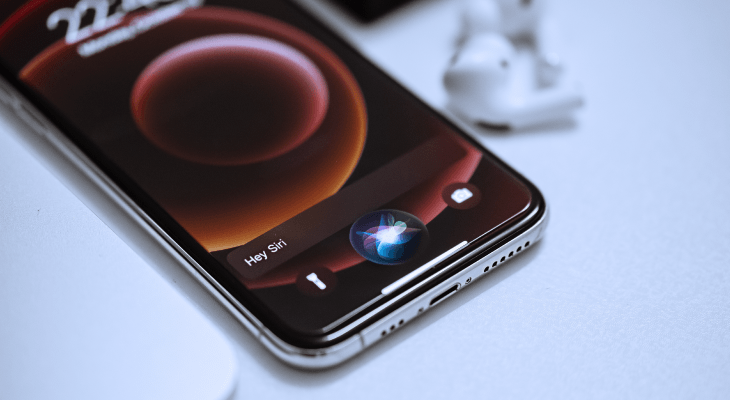
We all dream of smart assistants and houses ala The Jetsons’ Rosie the robot and Tony Stark’s mansion from Iron Man. But can it be done?
Well, it actually has been done. Siri, Alexa, Google Assistant are all smart assistants that have been with us for a while now. Essentially, they are software that have been coded into smart devices, like a phone or a watch, that enables them to perform basic tasks or services and answer questions.
They’re not as sophisticated as Iron Man’s mansion (though according to Mark Zuckerberg, the technology is already available) but they can hold their own. With today’s commercial smart assistants, you can shop using only verbal instruction or automate all your smart devices to lock doors and dim the lights remotely.
DID YOU KNOW
As society moves towards the digital age, the need for software professionals will continue to grow. Answer the demand of this growing field and take up a programme in computer science.

Asia Pacific University of Technology & Innovation (APU)
BSc (Hons) in Computer Science
✓Dual-award degree – one from De Montfort University (UK) and one from APU
#5. Universal translator
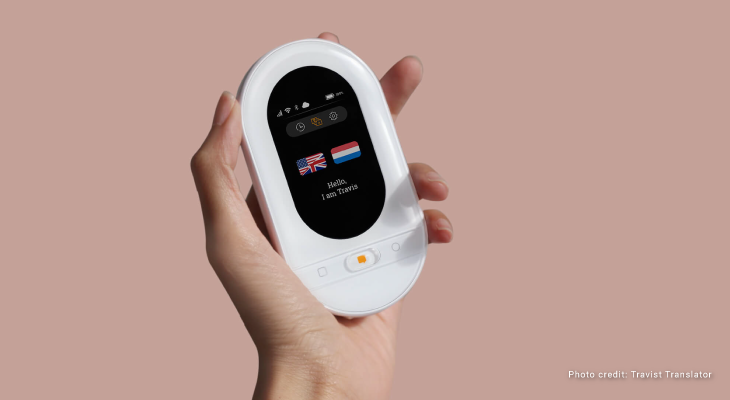
How convenient would it be to have a universal translator? With it, you no longer have to worry about feeling lost and awkward in a foreign country. The likelihood of miscommunication can also be greatly minimised.
Universal translators, like those shown in Star Trek and The Hitchhiker’s Guide to the Galaxy, is a translator that automatically translates a language into your native tongue in real time. This allows for a smooth communication between two different speakers.
While the technology is a lot less sophisticated, we do have similar products. Pocket translators like Travis Touch Go use both translation engine and artificial technology to translate up to 155 different languages. Not exactly universal but still pretty close.
DID YOU KNOW
Part of the problem with universal translators is context. Things like humour and idioms differ across languages and settings. Learn more about how language grows and evolves in specific contexts with a degree in English.

#6. Teleportation

So far, most of the technologies we mentioned above have existed in some form. So we should be able to expect the same for teleportation right? How exciting would our life be if it is real? Well, unfortunately, this is one technology we probably won’t get to see in our lifetime.
In theory, perfect teleportation is possible. In fact, in 2017, a group of scientists successfully teleported photons to a satellite that was orbiting 300 miles away in space.
Although it is theoretically plausible, there’s a lot of technicalities that go into it. How much time, energy and resources will we need to successfully teleport a human being and all of its 32 trillion cells? Is it more convenient to walk? When you teleport, is it really you or is it a copy of your data? And how accurate is that data to your true self?
While scientist Michio Kaku is confident that we will be able to teleport someday, the technology will probably be ready 100 or so years from now. So, try not to get your hopes up.
PRO TIP
Fascinated all things science? Get started with a Foundation in Science programme.
Are you surprised by any of these advancements?
The world of tomorrow inches closer every day. So while 2020 has been a bit of a letdown, do not let that get to you.



